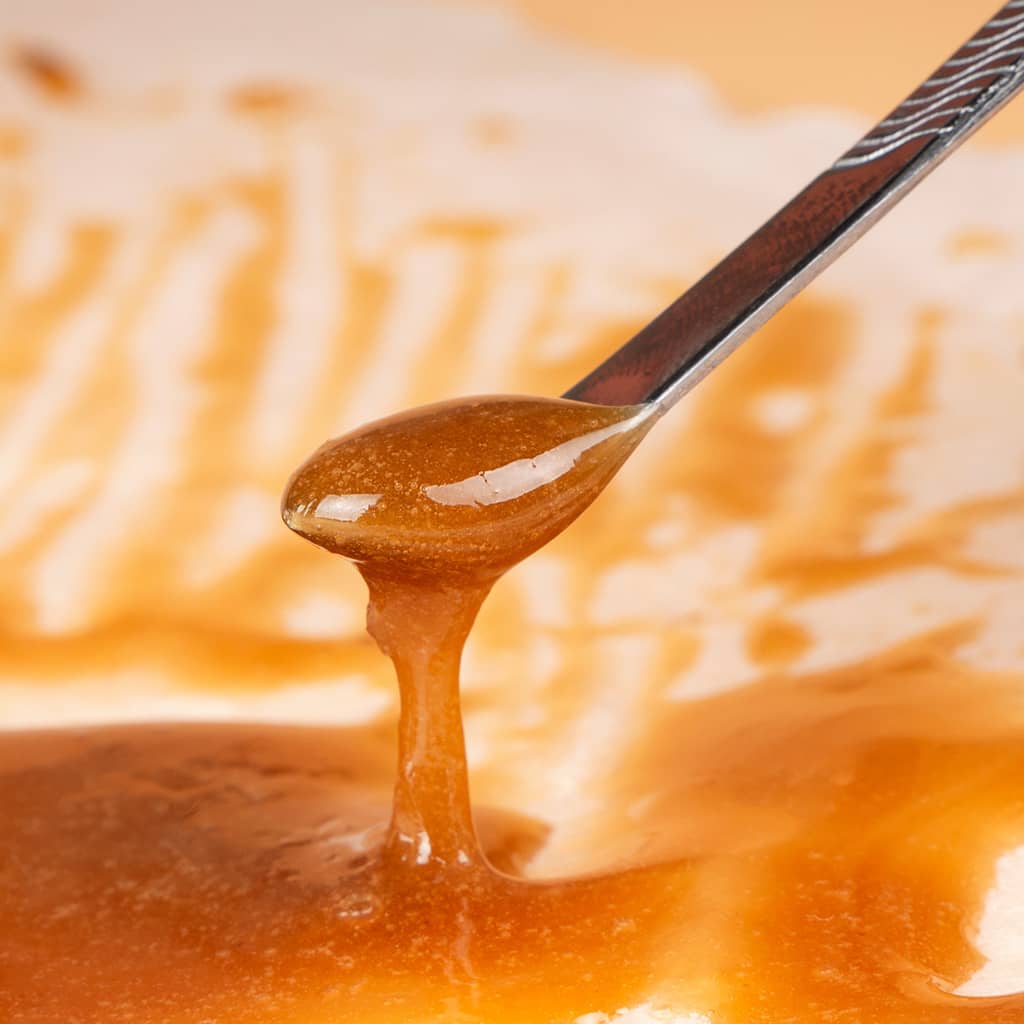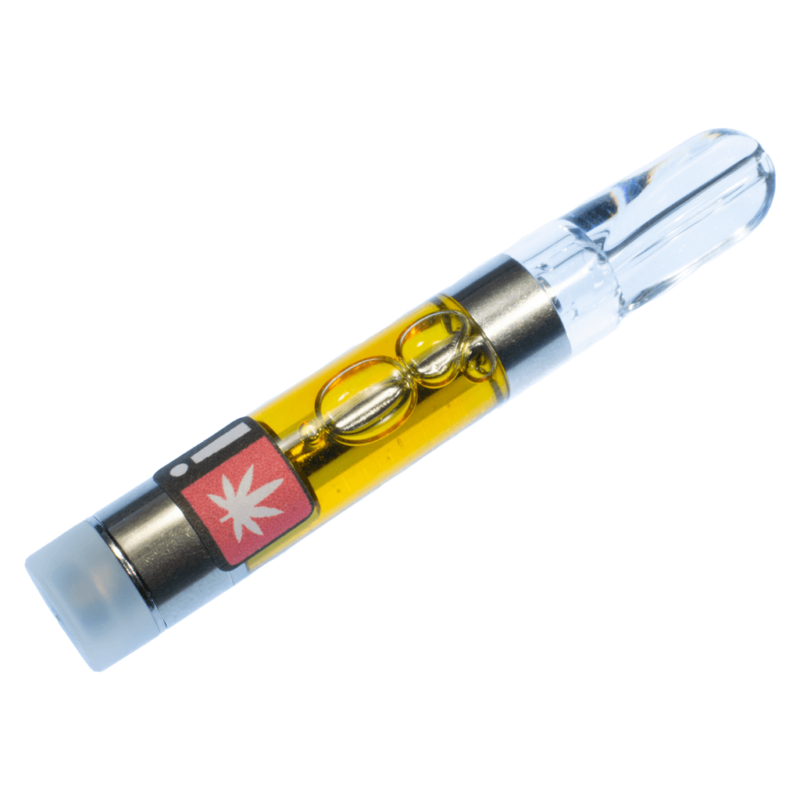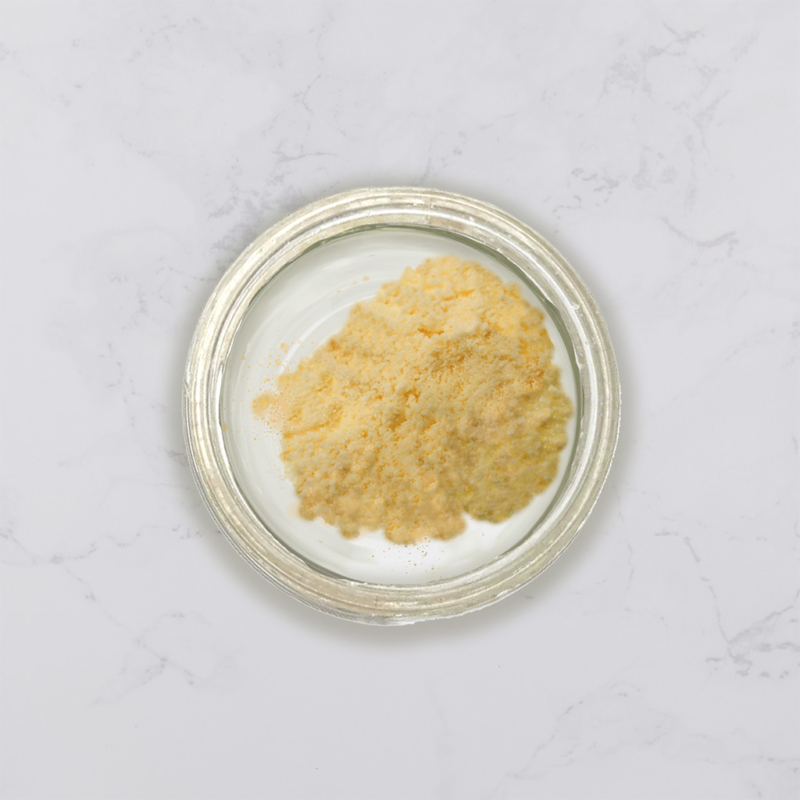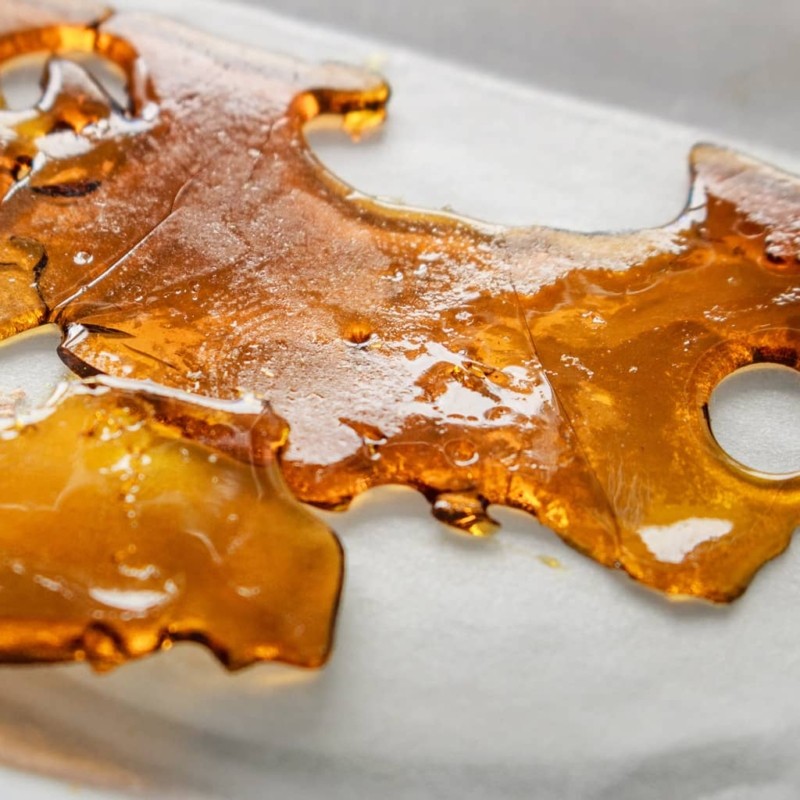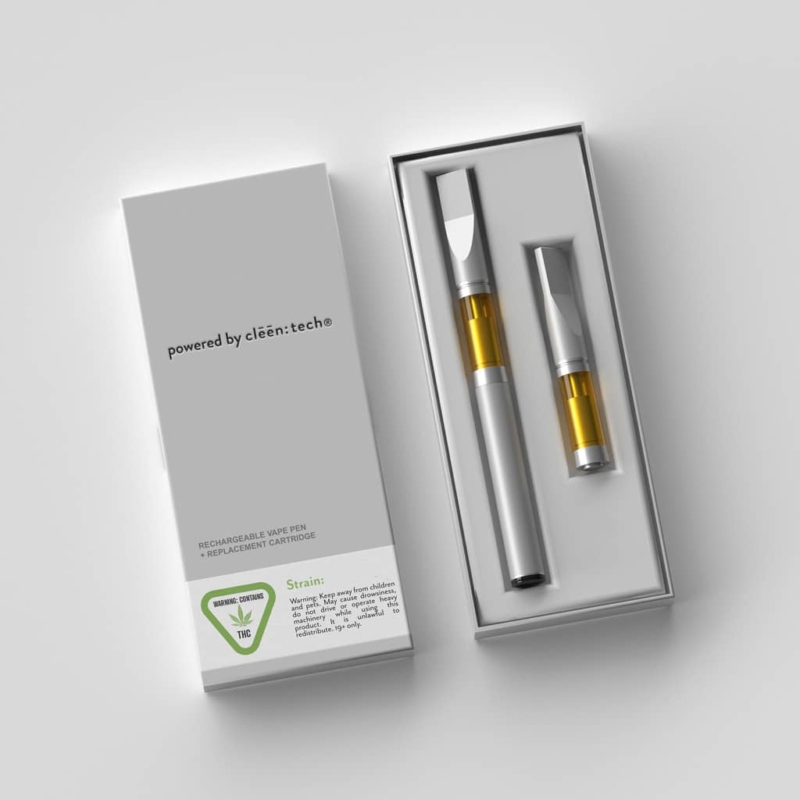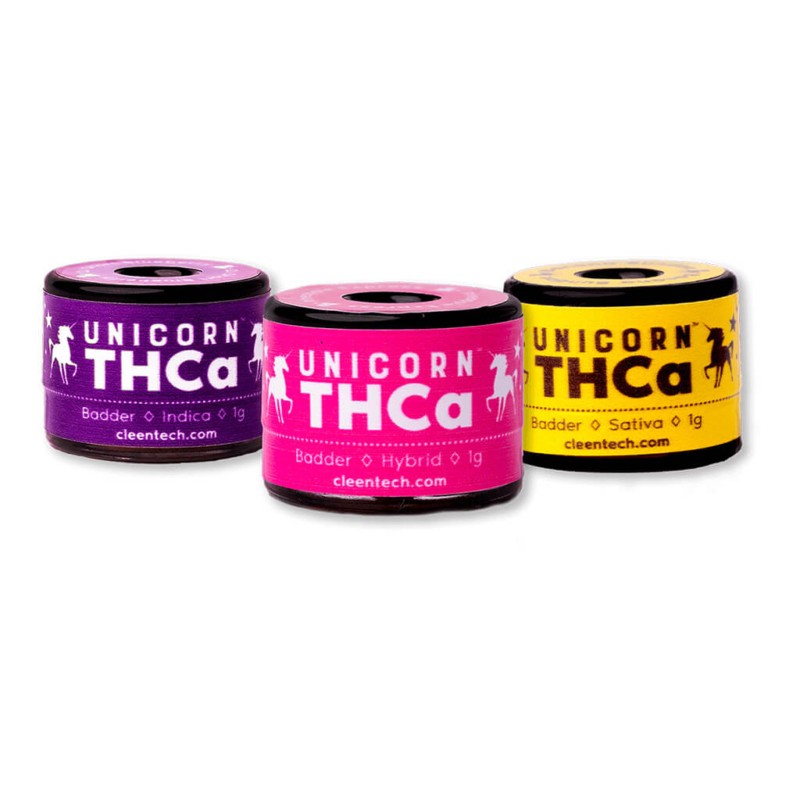A Single Plant: Cannabis
Cannabis, a versatile plant, has historically found its applications in many sectors, including commerce, industry, wellness, and inebriation. Traditionally, cannabis (known as hemp) has been cultivated for industrial purposes such as rope and paper, and its CBD content (which is known for potential wellness benefits). Additionally, cannabis (known as marijuana) has been grown for its Delta 9 THC components, which possess inebriation properties.
It is with this context in mind that we explore the potential of clēēn:tech’s proprietary technology, which enables clēēn:tech the ability to harness the full potential of the cannabis plant, including THCa products entirely sourced from hemp, within the 2018 Farm Bill framework.
clēēn:tech’s Hemp Sourced THCaTM represents safe and rigorously tested cannabinoids for sale to a national market outside Delta 9 – THC marketplaces.
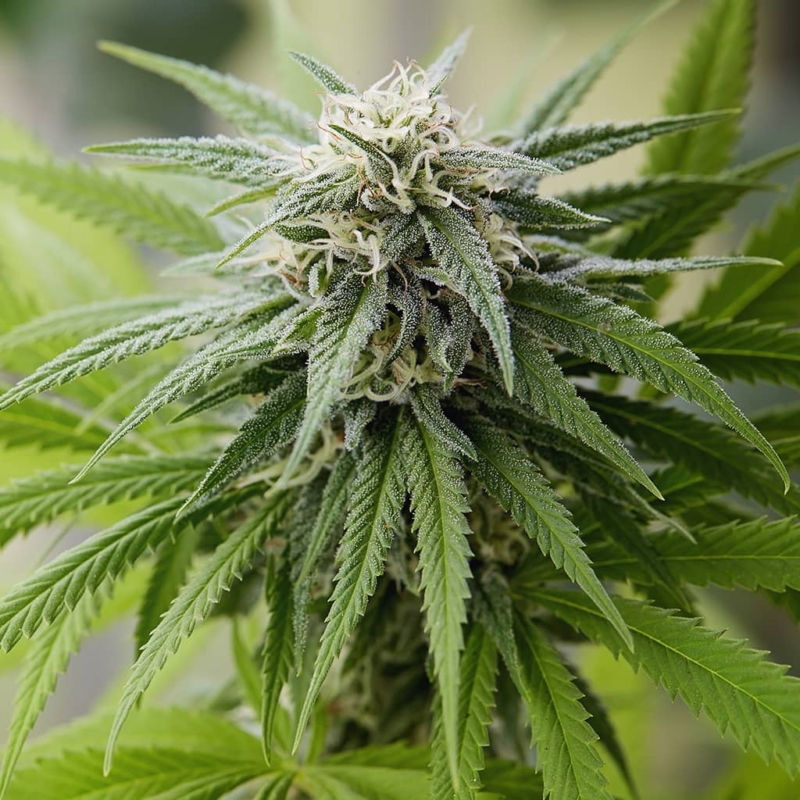
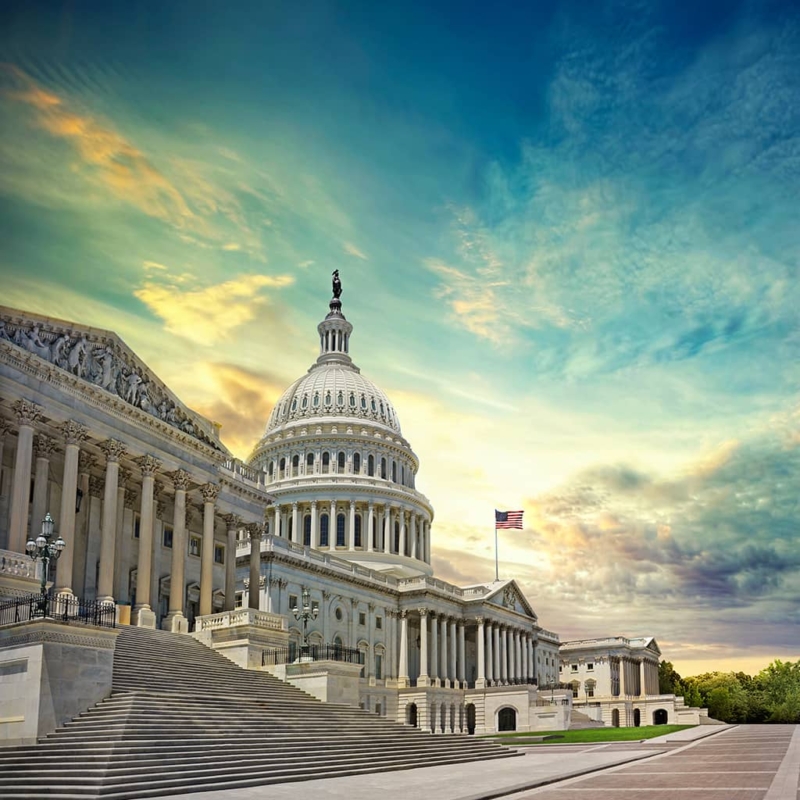
Shaping Public Policy
The lexicon of “hemp” and “cannabis” serves to describe a singular botanical entity, Cannabis sativa. In the realm of public policy, both at the state and federal levels, “hemp” is a term imbued with regulatory significance, denoting cannabis varieties containing less than 0.3% Delta 9 THC. The genesis of regulatory frameworks for the nascent legal cannabis markets in the United States did not foresee the profound insights into the overall cannabis plant that would later emerge, revealing a multitude of cannabinoids, each possessing distinct properties and effects. Prominent among these cannabinoids are CBD, CBG, and THCa.
In light of groundbreaking innovations, such as those facilitated by clēēn:tech’s extensive research and development endeavors, as well as the need to confront an increasingly flourishing illicit market, policymakers across various states are diligently working to comprehend and appropriately integrate inebriating cannabinoids into their regulatory frameworks.
Smart Regulations Build Trust & Confidence
A majority of residents in the United States now reside in states that have embraced some form of legal cannabis for inebriation, a paradigm shift acknowledging the shortcomings of the “war on drugs” and its deleterious societal repercussions.
Nevertheless, the shadow of the illicit marijuana market persists and endangers people under the nationally recognized age of inebriation – 21 years old. To fulfill the objectives set forth by the burgeoning legal cannabis (both hemp and marijuana) markets, all forms of THC must undergo consistent and uniform testing and age requirements. Failure to do so jeopardizes public health and safety. In alignment with the principles governing other legally regulated inebriates, such as alcohol and tobacco, it is essential to acknowledge that all forms of THC have the potential to harm developing minds when consumed for inebriation. Therefore, all forms of THC products should be restricted to adults aged 21 and older.



